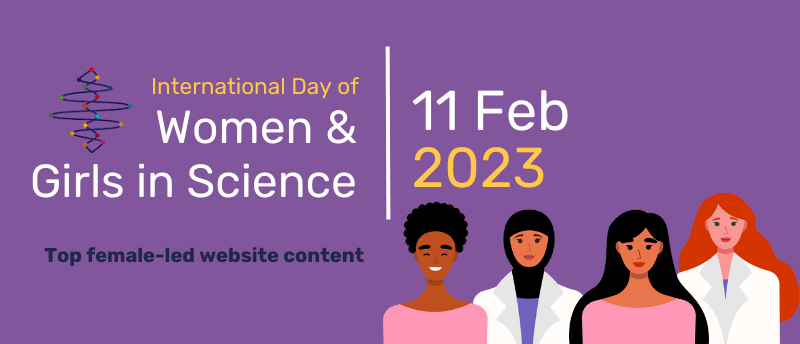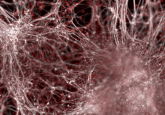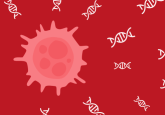Celebrating women in STEM with BioTechniques

To celebrate the International Day of Women and Girls in Science, take a look at some of our most read and listened-to interviews with women in science!
Connecting the dots between HPV, the vaginal microbiome and race
How do lived experiences, such as racism, impact the vaginal microbiome? Kathy Tossas, Assistant Professor at the Virginia Commonwealth University School of Medicine (VA, USA), studies this dynamic ecosystem to examine the link between the vaginal microbiome, HPV and cervical cancer risk, and the influence that race has on HPV-related oncogenesis.
Bioimage analysis: has deep learning changed the game?
Beth Cimini is an analyst at the Broad Institute of MIT and Harvard (MA, USA) working to make open-source image analysis tools more accessible to the bioimage community. We spoke with Beth about her role at the institute, how bioimage analysis has evolved due to COVID-19 and how deep learning can be used to make image processing faster.
Outrunning pancreatic cancer: the potential impact of exercise on treatment responses
Emma Kurz, a PhD student earning her MD Degree at NYU Grossman School of Medicine (NY, USA), discussed her research investigating the link between aerobic exercise and anti-tumor immune activity in models of pancreatic cancer. She looks at the immune mechanisms that are triggered by exercise in order to find a way of mimicking these effects in adjuvant therapies for patients with pancreatic cancer.
Automating ultrasound scanning
Alison Noble is a Professor of Biomedical Engineering at the Oxford Institute of Biomedical Engineering (UK), whose research applies computer vision image analysis to clinical data. We spoke with Alison about her research on developing an easy-to-use and affordable ultrasound imaging device to improve accessibility to this non-invasive diagnostic device. Alison is also part of a team building TraCer, a portable ultrasound tool that estimates the gestational age at any point in pregnancy from 14 weeks onwards.
Talking Techniques | Open neuroscience and the meaning of FAIR
In this episode of Talking Techniques, we chatted with Maryann Martone, a Professor at the University of California San Diego (CA, USA), about the importance of open data in neuroscience. She shares her expertise of the FAIR guidelines, which encourages researchers to make their data Findable, Accessible, Interoperable and Reusable, and provides key examples of the successes that open data practises have delivered.
Talking Techniques | Microbiome profiling techniques: from immunology to agriculture
This episode of Talking Techniques explores the microbiome and gives an overview of the different techniques used to profile them, their pros and cons and the applications each technique is best suited to. Annabelle Damerum, Microbiome R&D Scientist at Zymo Research (CA, USA), details the importance of profiling the vaginal microbiome, an emerging aspect of the field.
Be sure to share the work your colleagues are doing on February 11 using the hashtags #WomenInScience and #GirlsinScience and watch out for our coverage of International Women’s Day and International Day of Women and Girls in Science across the site.





